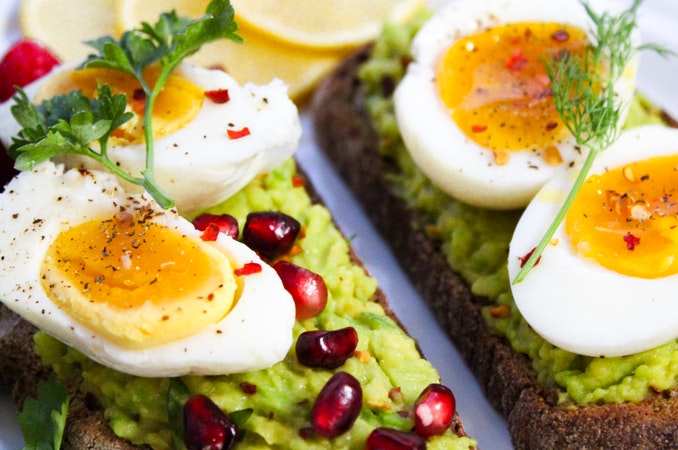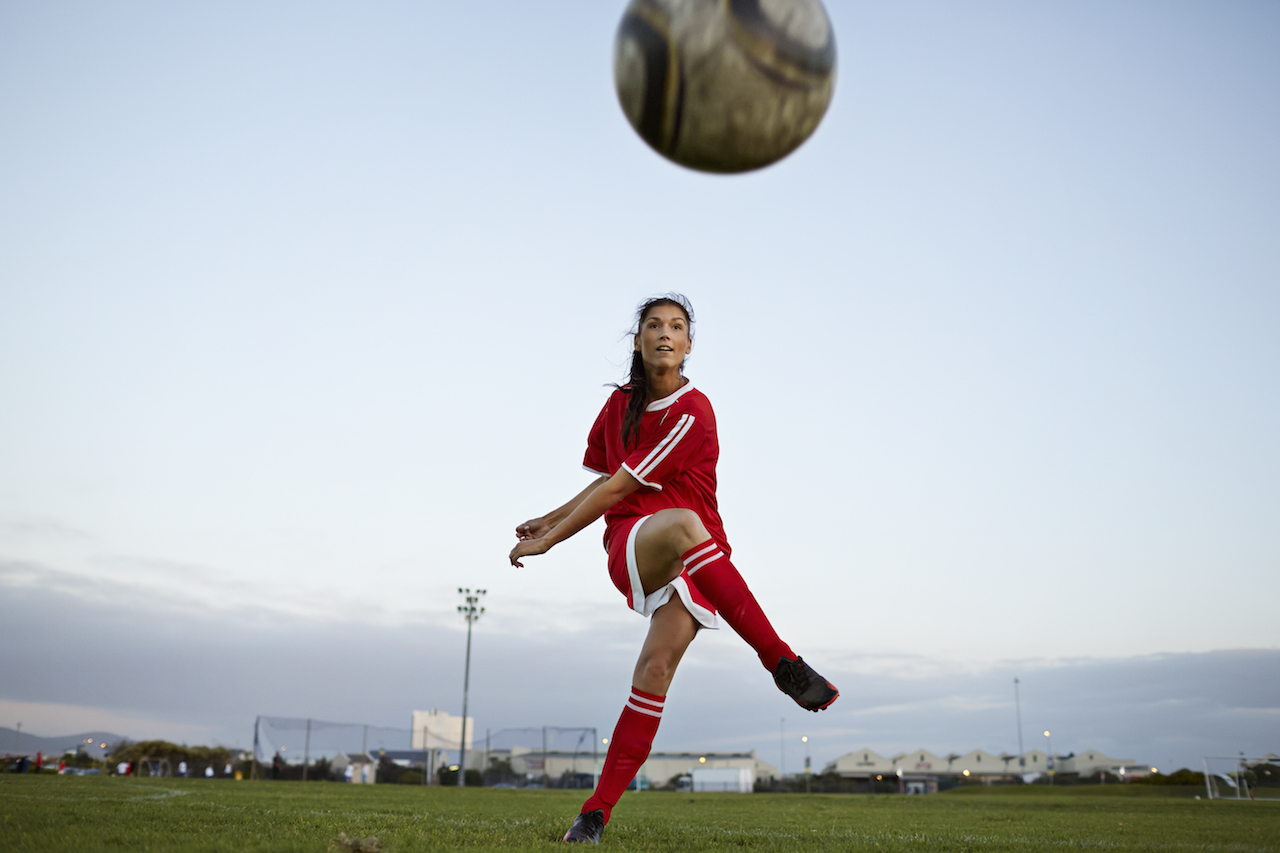Whether you’re playing for fun or take your football matches seriously, there’s no denying the game gets you fit and is a great way to socialise too. But hitting the pitch or the park with the wrong foods fuelling your body is really going to affect your performance. So, what to eat to ensure you end up a winner and not a whimpering wreck?!
Professional footballers in particular follow strict diet regimes to boost their athletic performance in training, on match days and even off-season. A good diet can also prolong the career of a footballer and along them to keep on playing at a high level. One such example is Alessandro Diamanti, who, at the age of 38 is arguably the best player in the A-league. In 2020, he even won the Johnny Warren Medal as player of the year in his debut season. Diamanti’s current club, Western United FC, are outsiders to win the A-league Grand Final with odds of 21.00 in the football betting, but the Italian will be hoping to defy the odds and help push his team to glory. Diamanti continues to prove that older players can still run rings around the [younger] competition. So, even if you’re just a part-time or fun-with-your-mates player, success on the pitch means eating the right performance-enhancing foods.
Complex carbs and proper protein

Source: Pexels
First up, you’re going to need energy, and that comes from carbohydrates. But put the pizza and the white pasta down! You need slow-release complex carbs that’ll keep you going before, during and after a game. So, think wholegrain bread and cereals, brown pasta, whole fruits like apples and bananas and a good variety of vegetables. A breakfast favourite with footballers on a matchday is porridge for its long-lasting energy release. You can mix it up by adding fruits, berries and honey to keep food boredom at bay!
Don’t like porridge? Well, your next up nutritional must-have is protein. It’s essential for building and repairing muscle and you don’t need a fillet steak to get it! Great sources of protein are eggs, peanut butter, cheese, nuts and seeds and, yes, lean unprocessed meats. Milk and yoghurt also count, and their calcium content will help with bone strength too.
Eat the rainbow
Any discussion of nutrient-rich foods is always going to touch on the so-called superfoods. These contain the vitamins and minerals needed for maximum health and sporting performance. Oily fish like salmon, mackerel and sardines are always top of the list, packed with Omega 3 that reduces inflammation and aids muscle recovery. Then there’s spinach with its high iron content to increase vitality, blueberries with their free-radical-fighting superpowers, beetroot for stamina and vitamin-stuffed avocados.
For those of us not on a professional footballer’s wages, sticking to a football-friendly diet can seem expensive to say the least! But if you stock up on herbs and spices to add pizzazz, eat food that’s in season, experiment with new recipes and put as much colour on your plate with each meal (via fruit and veg) as you can, you won’t be going far wrong.

Source: Pexels
Drink in the benefits
Don’t forget to keep hydrated with plenty of water or sports drinks as you train and play, whatever the weather. In terms of vitamin/mineral supplements and protein drinks, they’re definitely useful but only if you don’t rely on them as an alternative to eating a nutrient-rich diet. Making your own smoothies is a fast way to top-up your intake and keeping a stash of healthy snacks to hand like nuts will help to up your game. Your key to success on the pitch is what’s in your stomach. So, put the right foods in and let your footbALL.

